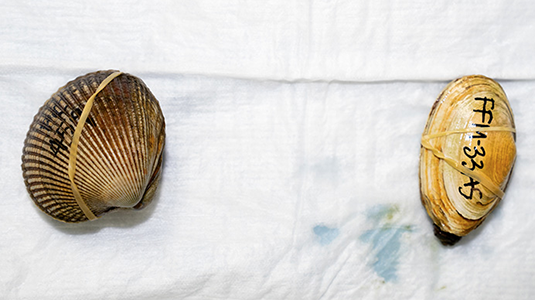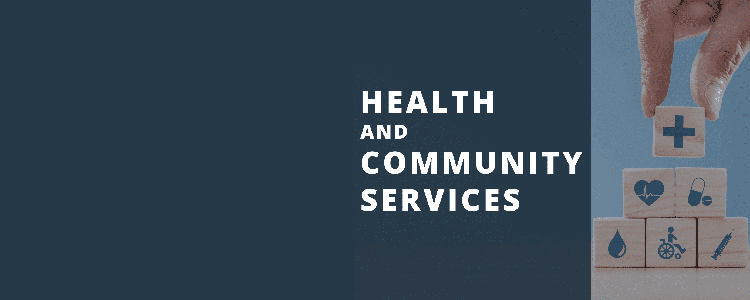||| MIDNIGHT MUTTERINGS by JACKIE BATES |||
A few years ago I made a new friend. We don’t get together often and therefore don’t know a whole lot about each other. On a recent visit, she told me she had donated one of her kidneys to her sister a decade ago. I hadn’t thought much about kidneys in a long time. In fact, it’s been several decades since I worked at a children’s hospital where one of the stars was Robert Hickman, MD, a pediatric nephrologist who died in 2019. He invented the Hickman Catheter in 1979, a central line that changed medicine. You or someone you know may have had a Hickman line while in treatment for an organ or bone marrow transplant, extensive gastrointestinal surgery or long term chemotherapy.
Anyway, I learned what little I know about kidneys from Dr. Hickman, who, besides treating children with kidney disease, did a lot of kidney transplants. In more recent years, he worked at SCCA in Seattle, inserting the lines he had invented into the chests of adults with blood cancers. I can’t help wondering if many of those people knew the surgeon was also the inventor of the device they would carry for the next six months. I doubt it as Dr. Hickman was a modest man. (But what I loved most about him was that he was one
of the funniest people I ever knew. And one of the most compassionate. And he made me appreciate kidneys.)
When my new friend visited last month, I started thinking about kidneys again, about how much they do to keep us alive and healthy, and how little we think of them until something goes wrong. Mostly, kidneys come to mind as the producers of urine, which sends us running for the woods when our bladders get uncomfortably tight, and that’s about it. That is, in spite of the fact that our kidneys work all day filtering our blood of toxins and recycling what we need to keep back into our blood.
Kidneys help regulate salts, water, electrolytes, pH. They manufacture and secrete hormones that help regulate our blood pressure and assist our bone marrows in producing red blood cells, among their other tasks. Then they start the night shift continuing their day work in addition to concentrating urine so we don’t have to get up every two hours to empty our bladders.
Here’s who we do think about at least a little: our guts. We consult them about our ‘gut feelings’ and we think a little about other people’s spleens when they vent them. Of course we think about our brains, with our brains, which is a little tricky for sure: But here’s who we do think about most: our hearts. Is that because hearts make their presence known with all that beating? Because hearts are tied closely with our strongest emotions? Because hearts permeate our languages, our music, our art, literature, Hallmark cards, religion?
(Yes, I did time in Catholic school run by priests and nuns from the Order of the Sacred Heart and artistic renditions of the human heart were all over the place, often inexplicably outside the body, bleeding, or in the opened chest, revealing the heart within, sometimes wrapped in thorns, often bleeding. Now that I think of it, fifth grade may have been when I first got interested in human anatomy—even if that was not the intended lesson.)
There are a number of organs and glands that do a lot of work for us who don’t get much attention until there is a problem. But tonight I’m thinking about the kidney. Just think of the language. What if we replace ‘heart’ with ‘kidney’ in common expressions? Following are some of my favorites. Feel free to join me here: Kidney-sick, change of kidney, open-kidneyed, from the bottom of my kidney, chicken-kidneyed, cross my kidney and hope to die, stone cold kidney, half-kidneyed, stout-kidneyed, change of kidney, after my own kidney, hard-kidneyed, and of course, broken-kidneyed, after which I’ll cry my kidney out after I lost my kidney to him. And we can’t leave out: My kidney raced, dropped and/or stopped.
Beware Valentine’s Day. You might open a card covered with lace kidneys with a scatter of tiny candy kidneys loose in the envelope.
**If you are reading theOrcasonian for free, thank your fellow islanders. If you would like to support theOrcasonian CLICK HERE to set your modestly-priced, voluntary subscription. Otherwise, no worries; we’re happy to share with you.**









Thank you, Jackie, for your muttering. Always enjoyable if not laughter inducing. For those not in the know, jSCCA = Seattle Cancer Care Alliance